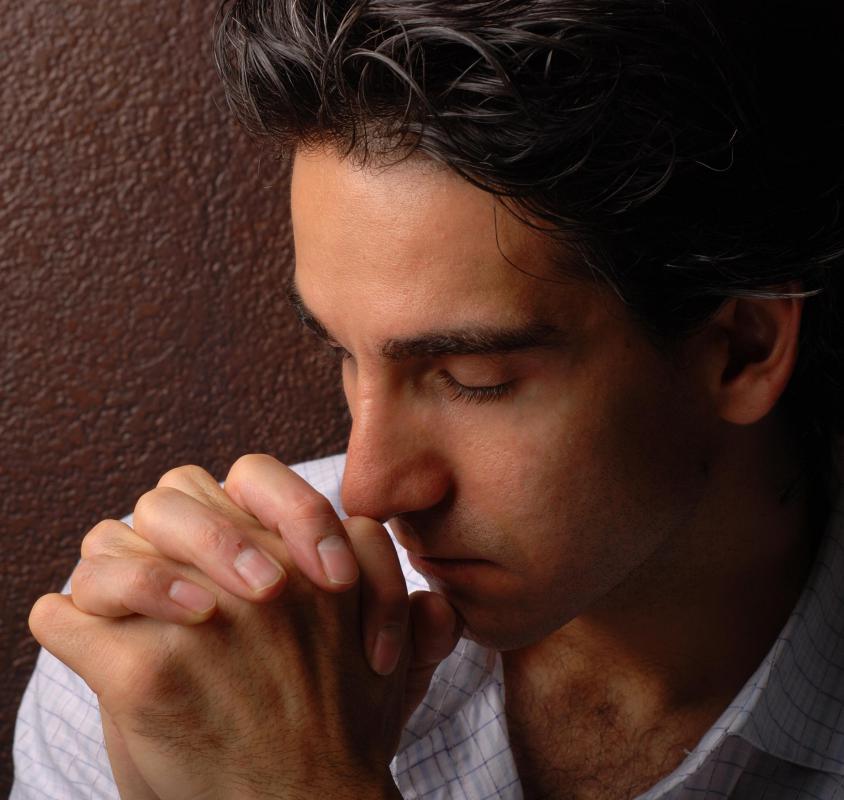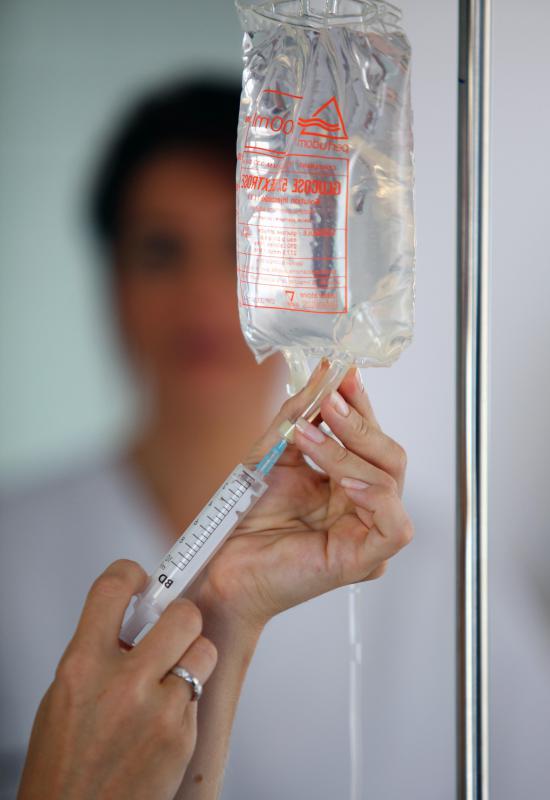At TheHealthBoard, we're committed to delivering accurate, trustworthy information. Our expert-authored content is rigorously fact-checked and sourced from credible authorities. Discover how we uphold the highest standards in providing you with reliable knowledge.
What is Hospice?
Most people have heard of hospice care, but don't want to think about it. They feel it is for people who are critically ill or "at death's door." This is not the case. This type of care does deal with end-of-life issues, but many people are still fairly active when they are admitted to hospice.
The primary requirement for hospice admission is that a physician certifies the patient probably has six or fewer months to live, if the disease runs its natural course. The timeline is not a hard and fast rule, since doctors cannot know when a patient will die, but six months is the general guideline. Hospice care can be administered wherever the patient lives: at home, or in a nursing home or other facility. The facility coordinates a care team consisting of the patient, the physician, nurses, assistants, social workers and other individuals to help administer the best care to the patient. Care includes emotional and spiritual assistance, as well as caring for the patient's family and assisting them with non-patient concerns.

When a patient is admitted to hospice, the family usually has a lot less to do. Certified nurses and assistants take over such duties as administering medication, assisting in pain management — even daily care such as bathing. Medical services are available 24 hours a day, seven days a week, should the patient have a crisis. Hospice can also help with issues such as getting medical equipment into the home.

This type of care also helps the patient deal with end-of-life issues emotionally and spiritually. Counselors and spiritual advisers are usually part of the treatment team, and help the family as well. Many even provide bereavement services and counseling to the family after the patient's death.
Hospice care is usually free of charge to the patient if he or she is covered by Medicare Part A. It is also covered by most insurance companies and Medicaid. Very few patients have any out-of-pocket expenses for these services.

A patient can usually speak with his or her healthcare provider about being admitted to hospice care. Many medical professionals may suggest it to patients and their families. There are also many resources available on the Internet, and from the local Commission on Aging. Many people have found this type of care to be the best, most compassionate option for caring for their loved ones at the end of their lives.
AS FEATURED ON:
AS FEATURED ON:


















Discussion Comments
Did the writer of this article actually go to a hospice facility or speak with patients that are under hospice care? Or did this person copy from a hospice brochure?
And hospice does not lighten the load ANON33121. Their whole objective is to teach the family to take care of the patient. The nurse is in the home for 30-45 minutes, one time a week and an aide, for baths only, 2-3 times a week. It is up to the family for 24/7 care.
Perhaps the writer of this article would do justice to this subject by reading the book ‘Killing For Profit - The Dark Side of Hospice”. It was written by a 30+ year healthcare clinician with the last seven years working for hospice. It will absolutely scare you.
Everything depends on the particular Hospice organization. Some families are able to do more for their loved one than others. Some organizations provide more care than others do.
Families often have less to do. They no longer have to worry about things like changing feeding tubes, bathing their loved one, or other daily care functions that they may no longer be able to perform.
I in no way implied that families no longer had a great many responsibilities, simply because of Hospice. My point is that Hospice helps lighten the load. I think that is obvious.
You state that when a patient is on hospice care that nurses and certified aides "take over" and imply that all medications will be administered by them, relieving the family of this responsibility. This most assuredly is not the case.
It is the responsibility of the nurse to teach the patient and family how and when to administer medications, and to be available to answer questions or help out in person in times of crisis. However, when a nurse is responsible for 12 or more patients, it is physically impossible to be in the homes to administer the drugs whenever patients may need them. Besides, the Medicare daily reimbursement for hospice care, the gold standard in this country, is often less than 1/2 of what an RN makes in an 8-hour day. And this payment must cover all medical equipment, drugs related to treating the disease and the patient's symptoms, salaries and mileage expenses for nurses and aides, medical supplies, and office staff, just to mention a few costs of doing business. In short the statement that there is "less" for the family to do is terribly misleading.
Post your comments